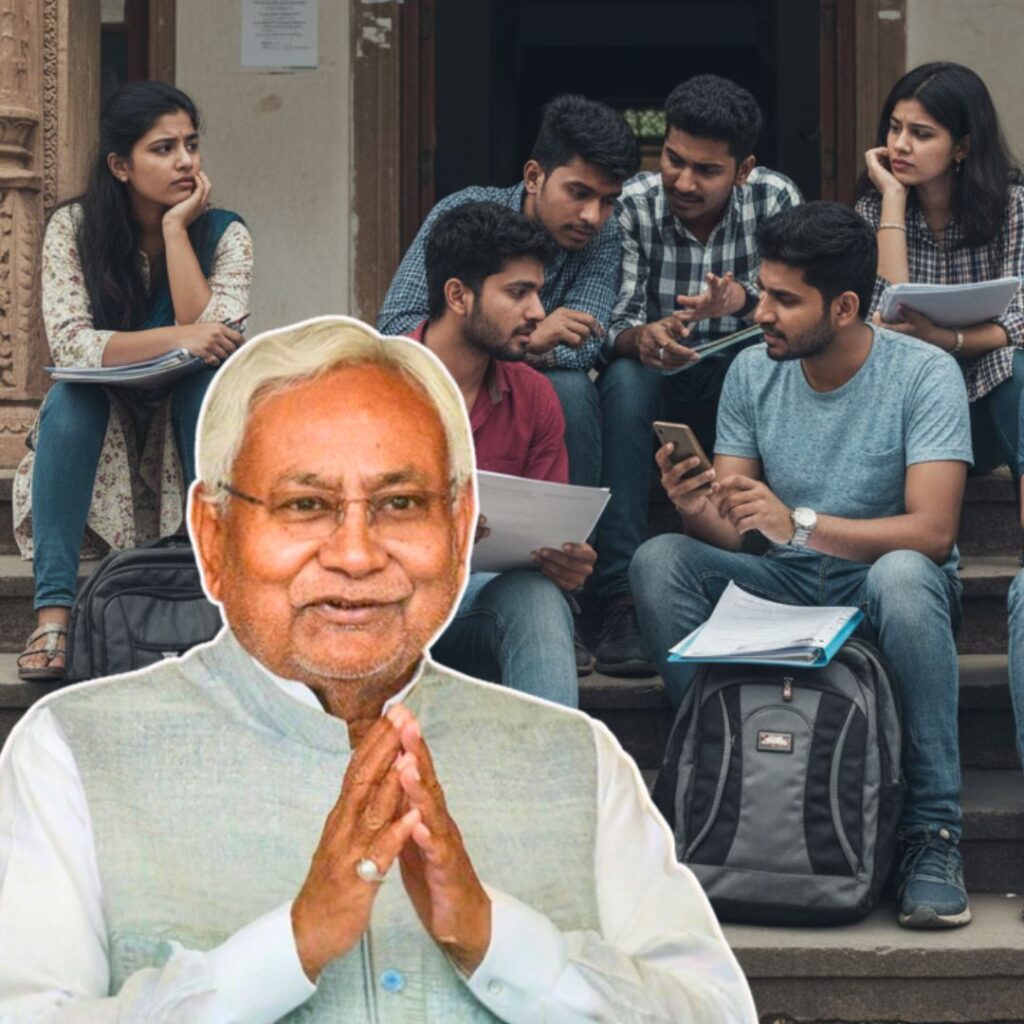The HRD Ministry has drafted a new IIM bill, which allegedly gives the ministry authority over the Indian Institutes of Management in a number of affairs. However, the bill has been at the centre of controversy as the academia is of the opinion that political interference and micromanagement can adversely affect the educational excellence of these premiere institutes.
The bill has a few positive provisions as well, such as giving degrees to students instead of diplomas. However, a number of clauses seek to centralize power: • The Centre can override the Board of Governors, which was hitherto the independent governing body of each IIM. • The Board can make regulations regarding tenure, remuneration, etc. for IIM employees, but only after taking approval from the Centre. • The ministry’s approval will be required for matters related to admission criteria, scholarships and conducting Board meetings.
This is not the only recent instance of the Government trying to impinge on the autonomy of institutes of higher education.
► On June 10, Padma Shri Prof. Bimal Roy was sacked from his post as the Director of Indian Statistical Institute, Kolkata, by the Union Ministry of Statistics and Programme Implementation. The disciplinary action was reportedly taken on grounds of “financial and administrative irregularities” reported in a letter to the ministry by former BJP MP, Arun Shourie, in his capacity as the chairman of ISI Council. Massive student protests demanding justice and proper investigation followed.
► Students of Film and Television Institute of India, Pune recently went on strikes to protest against the appointment of television actor Gajendra Chauhan as the new chairman of FTII’s governing council. The students are of the opinion that the appointment to the key post was done purely out of consideration of Chauhan’s affiliation with BJP, and not because of his merits.
Why is autonomy important?
Autonomous institutions usually have a board composed of senior faculty and administrative members that takes all the decisions pertaining to the institute’s welfare. Thus, the institute is free to do whatever the educated academia thinks is appropriate for education and research. Political interference in such administrative structures, however, might tend to shift the focus to political gains rather than educational excellence. Appointments and admissions should definitely be free from any political influences whatsoever.
However, it is also true that there should be a certain level of accountability, especially in financial matters. The Logical Indian believes that the government should form policies that allow it to oversee institutional policies without interfering in matters which our educated academia can handle more efficiently than our politicians.
-Spandan Mondal











